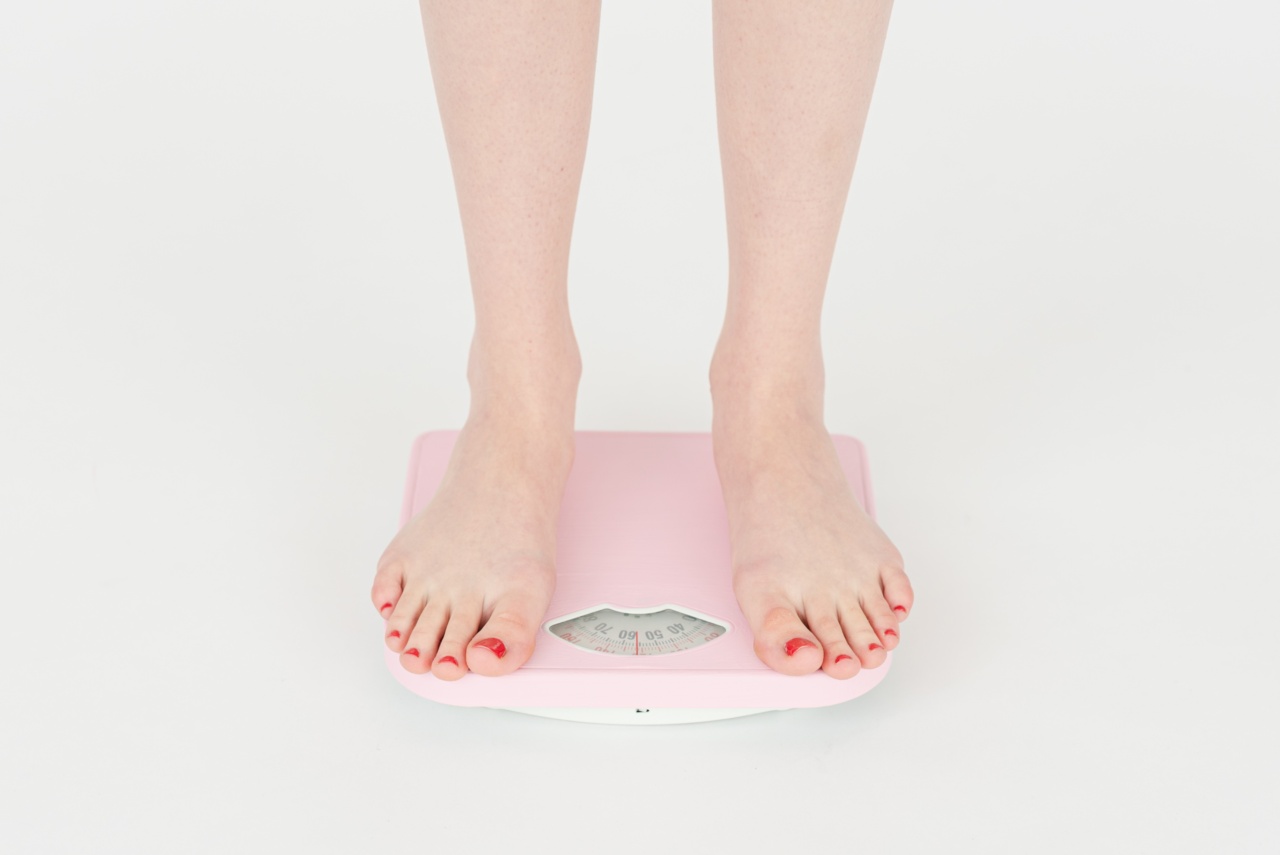A meat-free diet, also known as a vegetarian or vegan diet, has gained popularity in recent years for various health and ethical reasons.
Many studies have shown that adopting a meat-free diet can have numerous benefits, including reducing the risk of heart disease, improving blood sugar control, and aiding in weight loss. In addition to these benefits, research now suggests that following a meat-free diet can also help lower high blood pressure, a condition that affects millions of people worldwide and is a major risk factor for heart disease and stroke.
Understanding High Blood Pressure
High blood pressure, or hypertension, occurs when the force of blood against the walls of the arteries is consistently too high.
It is often referred to as the “silent killer” because it typically presents no symptoms until it reaches a critical stage. High blood pressure strains the heart, damages blood vessels, and increases the risk of heart attack, stroke, and other cardiovascular diseases.
Although there can be various causes of high blood pressure, such as genetics and certain medical conditions, lifestyle factors play a significant role.
Poor diet, lack of physical activity, smoking, and excessive alcohol consumption are known contributors to high blood pressure.
The Link Between Meat Consumption and High Blood Pressure
Research has shown a strong association between meat consumption and high blood pressure. Several factors contribute to this link:.
1. High Sodium Content in Meat
Meat, particularly processed meats like bacon, sausages, and deli meats, tends to be high in sodium. A high-sodium diet is a well-known risk factor for high blood pressure.
Excessive sodium intake can lead to fluid retention, causing an increase in blood volume and blood pressure. Cutting down on meat consumption naturally reduces sodium intake and can help lower blood pressure.
2. Saturated Fats and Cholesterol in Meat
Meat, especially red and processed meats, contains significant amounts of saturated fats and cholesterol. These unhealthy fats and cholesterol contribute to the narrowing and hardening of arteries, which increases blood pressure.
By opting for a meat-free diet, individuals can avoid these harmful substances, thereby protecting their cardiovascular health.
3. Lack of Plant-based Nutrients
When individuals consume meat, they often neglect to incorporate enough plant-based foods in their diet.
Fruits, vegetables, whole grains, and legumes are rich in nutrients such as potassium, magnesium, and fiber, which play a crucial role in regulating blood pressure. A meat-free diet encourages individuals to consume a varied and balanced range of plant-based foods, ensuring an adequate intake of these beneficial nutrients.
Evidence Supporting a Meat-Free Diet for Lowering Blood Pressure
Multiple studies have examined the impact of a meat-free diet on blood pressure levels. Here are some notable findings:.
1. The DASH Diet
The Dietary Approaches to Stop Hypertension (DASH) diet is specifically designed to lower blood pressure. It emphasizes fruits, vegetables, whole grains, lean proteins, and low-fat dairy products while minimizing saturated fats and sodium.
Numerous studies have shown that following the DASH diet, which is naturally low in meat, can lead to a significant reduction in blood pressure levels.
2. Vegan and Vegetarian Diets
Several studies have compared the blood pressure levels of individuals following vegan or vegetarian diets to those consuming meat.
These studies consistently demonstrate that individuals on meat-free diets tend to have lower blood pressure compared to meat-eaters.
For example, a study published in the Journal of Hypertension examined the blood pressure levels of over 28,000 participants from seven countries.
The study found that vegetarians had, on average, lower systolic and diastolic blood pressure compared to non-vegetarians.
The Role of Plant-Based Nutrients
As mentioned earlier, a meat-free diet typically includes an abundance of plant-based foods. These plant-based foods offer several key nutrients that can actively help lower blood pressure:.
1. Potassium
Potassium is a mineral that helps balance the effects of sodium on blood pressure.
While sodium promotes fluid retention and increased blood volume, potassium counteracts these effects by promoting diuresis (increased urine production) and relaxing blood vessel walls. Plant-based sources rich in potassium include bananas, spinach, sweet potatoes, and avocados.
2. Magnesium
Magnesium plays a crucial role in maintaining normal blood pressure levels. This mineral helps relax blood vessels and can significantly reduce blood pressure.
Dark leafy greens, nuts and seeds, whole grains, and legumes are excellent sources of magnesium.
3. Fiber
A high-fiber diet has been shown to have several cardiovascular benefits, including lowering blood pressure. Fiber-rich foods reduce cholesterol levels and improve overall heart health.
Fruits, vegetables, whole grains, and legumes are all excellent sources of dietary fiber.
Conclusion
Evidence from various studies suggests that adopting a meat-free diet can be an effective way to lower high blood pressure.
By reducing sodium intake, avoiding unhealthy fats and cholesterol, and ensuring an adequate consumption of plant-based nutrients, individuals can significantly improve their blood pressure levels and reduce the risk of cardiovascular diseases. Following a meat-free diet not only benefits blood pressure but also offers a range of other health advantages.
As always, it is essential to consult with a healthcare professional or registered dietitian before making any significant changes to your diet.

























